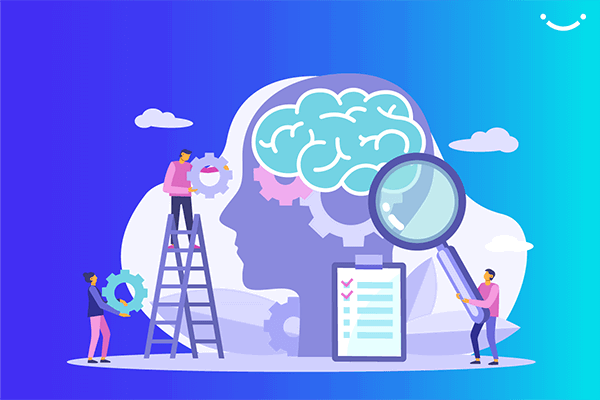TOOLS FOR A BETTER MENTAL HEALTH

Objectives
Participants will:
- Raise awareness on mental health and emotional wellbeing
- Learn to identify mental health issues and promote understanding of them
- Learn simple relaxing techniques that can apply to them and their students that will improve their quality of life
- Learn practical skills to help cope with stress and be more productive and effective - Develop competences in order to use non-formal activities to support their students mentally
- Share best practices with other participants with different education experience
Methodology
non formal techniques, role play, case studies
Schedule
Day 1: ● Introduction to the course, presentation of the trainers. ● Icebreaking and team building activities (activities: meet my friend/”find someone who…” list). ● Participants will discuss about their expectations, fears and contribution to the course.
Day 2: ● Start the day with an energizer! ● Theory: Stress [that is stress; chronic stress; stress and emotions; stress and learning] ● Activities: coping stress techniques (breathing, stretching, relaxation techniques, progressive muscle relaxation, etc).
Day 3: ● Start the day with an energizer! ● Theory: Mental health and stigma. Raising awareness on mental health issues. ● Activity: Working in groups-case study. Participants will be encouraged to share their experiences. ● Mid-term evaluation of the program using mobile app.
Day 4: ● Start the day with an energizer! ● Theory: Mindfulness. ● Activity: outdoor activity.
Day 5: ● Start the day with an energizer! ● Theory: Art and Drama in managing stress; Bibliotherapy; Journal; Dance and Music for better mental health. ● Activities: impelenting theory in group activities.
Day 6: ● Start the day with an energizer! ● Mental health resourses. ● Final evaluation of the program. ● Certification ceremony.